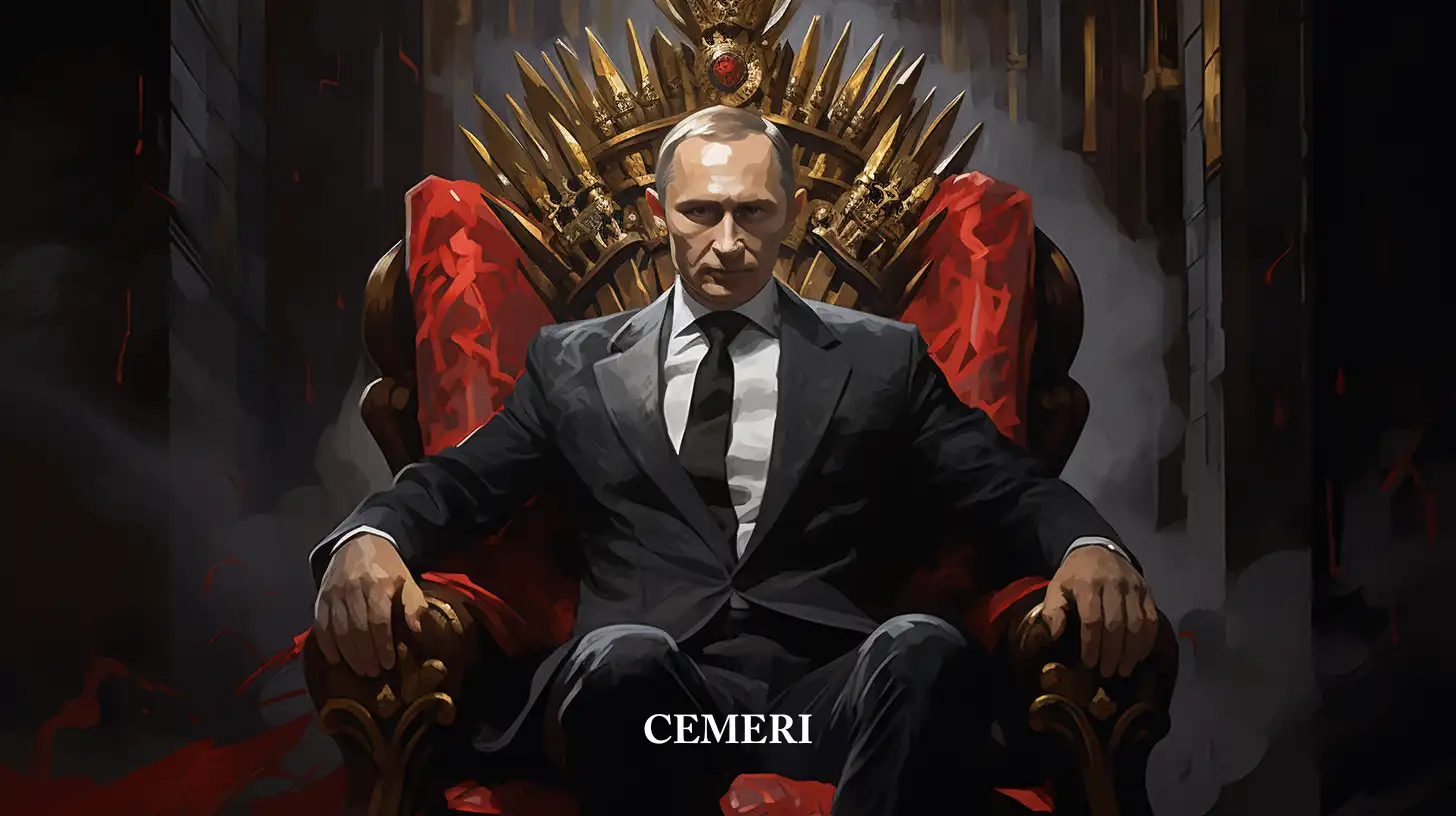Analysis
Luis Salgado
Is Putin's permanence viable in power?
- The rise of oil prices and the increase in income that helped to boost Putin's popularity in the first days of its presidency are a memory of the past.

It is no secret that the current president of Russia, Vladimir Putin, is in the ideal search for the retention of his power. Today, the president has held the presidential chair 4 times including his current mandate that is scheduled to end in 2024. Additionally, he has served as a prime minister 2 times and was appointed interim president on that occasion when Boris Yeltsin resigned on December 31, 1999.
In total, Putin has been behind the reins of his country for just over 20 years. However, analysts and members of the high Russian sphere expect the president to continue directing in some way or another the policies of the country. The problem is that despite having been in power for so long, there is a more powerful entity than Putin himself: the Russian Constitution.
Therefore, on January 15, 2020, during his annual speech to the nation, the president took everyone by surprise. In the first instance, for playing with the highest law of Russia; And in second, at the time of such an ad, four years before he had to resign, which took people with the Guardian.
The permanence in the Russian past
! [] (https://cemeri.org/assets/22108313-0637-4C84-89E2-7B97BAE78E84)
Nicolás II's fate would be much more than tragic.
It is not at all about a minor issue, the issue has tormented Russian leaders for centuries. There is an obvious risk of staying for a long time. Many of Russia's tsars would have done well to have retired early, before building powerful enemies that strangle them (Paul I), bombarded (Alejandro II) or fired, stabbed and sprinkled with acid (Nicolás II). In the Soviet period, they were the men who were too close to taking power, who were often killed. More recently, the murder of former Deputy Prime Minister, Boris Nemtsov, on the street in front of Kremlin in 2015, provided an alerting reminder that political violence related to succession issues is not limited to history books.
Why not become president for life? It is a path that has been traveled by many dictators before him. Simply because Putin opposes. On one occasion he told the press «it would be alarming to return to the situation in the mid -1980s, when the leaders of the State remained in power until the end of their days without having provided the necessary conditions for the transformation of the Government«. Putin had in mind, of course, to the succession of Soviet leaders: Leonid Brezhnev, Yuri Andropov and Konstantin Chernenko, who were so old and were so sick that the government stopped after the death of each of them. In fact, at the time, the president of the USA, Ronald Reagan, joked saying that he could not even negotiate with Soviet leaders because "they still died during their mandate."
What are the constitutional changes that are coming?
Those necessary to carry out a fluid transition, that is, modifications that would redistribute power within the Russian government, giving more authority to the positions that Putin could assume when his presidential mandate expires in 2024.
An option for Putin is to return to the role of prime minister and strengthen the powers of that position. Although for him, this option would be risky, since the Parliament and its boss tend to be blamed for bad public services and economic disappointments. Additionally, it is likely that the Putin of 2024 is not interested in attending the daily responsibilities of directing a government.
The most likely option is that Putin assumes a new role as head of the State Council, an agency that created in 2000 to advise the president, but for now he has little influence. The idea that Putin did the transition to a relatively symbolic position had been floating by the Kremlin for some time. And giving credit to the theory, in his speech, Putin called to improve the powers of the State Council.
This route would resemble power in Kazakhstan in 2018. There, President Nursultan Nazarbayev ruled for almost 30 years. Before renouncing, Nazarbayev strengthened the powers of the country's security council and then became president of the body for life, which made him an effective power agent of Kazakhstan.
Need for results for power transition
Mishustin, the new prime minister, seems very suitable to meet where the previous prime minister failed, especially in terms of the implementation of the so -called national Kremlin projects: an infrastructure plan and mass public spending of $ 400 billion dollars. Poverty, economic expansion and increase in population growth were fundamental for their last presidential campaign. Until now, the Government has not properly implemented these measures. By appointing Mishustin, Putin hopes that his new prime minister may live up to his reputation and fight Russian bureaucracy to obtain results in national projects.
The rise of oil prices and the increase in income that helped to boost Putin's popularity in the first days of its presidency have passed to a large extent. The income available in Russia is still below what they were in 2013, and the combination of western sanctions and low oil prices have helped mitigate the country's economic perspectives.
The discomfort and reaction against the government have also grown. Last year there were the most sustained street protests in the country from the demonstrations against Putin's return to the presidency in 2011 and 2012. The surveys have also shown that the public distrusts the state television channels, and Putin has seen fall Its popularity to 68% from the previous 82% they maintained. This according to the Levada Center, an independent pollster based in Moscow. Medvedev, meanwhile, leaves his position as prime minister with a rating of 38%, according to the same survey.
Mishustin as Prime Minister reflects Kremlin's concerns about the decrease in living standards in the country and negative public opinion towards the government.
Despite making public their intentions in advance, Putin's permanence is not entirely guaranteed. However, if necessary, such an event would transcend internationally in two planes mainly: the politician and the economic one.
There is no doubt of the disruptive power that Putin's Russia has exercised, more notoriously in its last two mandates, where the president has managed to sow discord between Europe and the United States. Not only this, but also wisely directed Russian foreign policy by carrying out a strategic alliance with China, who is presumed today, will be the one who kills a strong lunge to the "classical West."
Despite not very favorable domestic economic conditions (mostly due to economic sanctions promoted by the United States), Putin's continuation will give rise to international economic dynamics much more marked in the current decade. This is demonstrated by his aguerrida personality that has opted for the continuation, against all prognosis, of the Nord Stream 2; as well as the "crude war" that has emerged following the pandemic generated by the Covid-19 virus.
It is difficult to imagine how different certain international events would have been, such as the war in Syria, the annexation of Crimea and the construction of the Nord and South Stream of having been someone different from Putin at the head. For this reason, it is also perplexed to imagine Russia's future without him. Only time will decide if we have to witness such a scenario, or continue imagining it.
Sources
Goldman, M. (2010) Petrostate: Putin, Power, and the New Russia. Oxford University Press: Londres.

